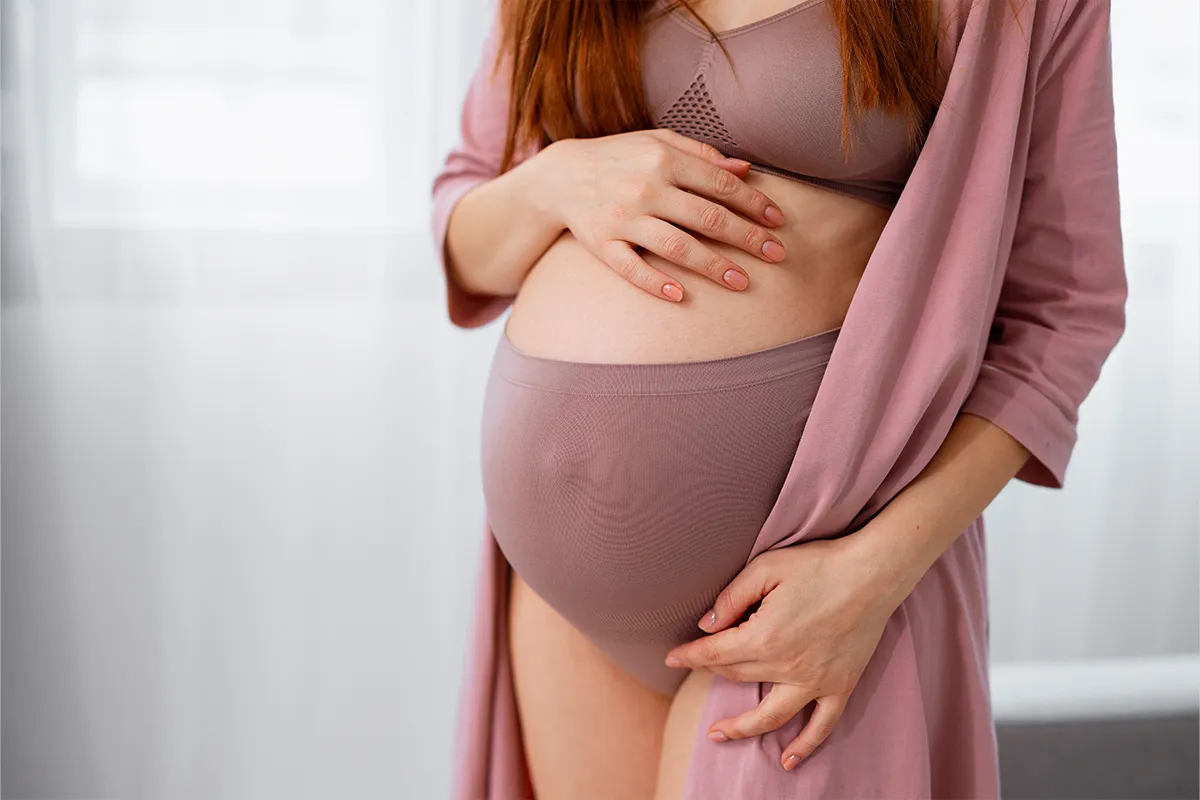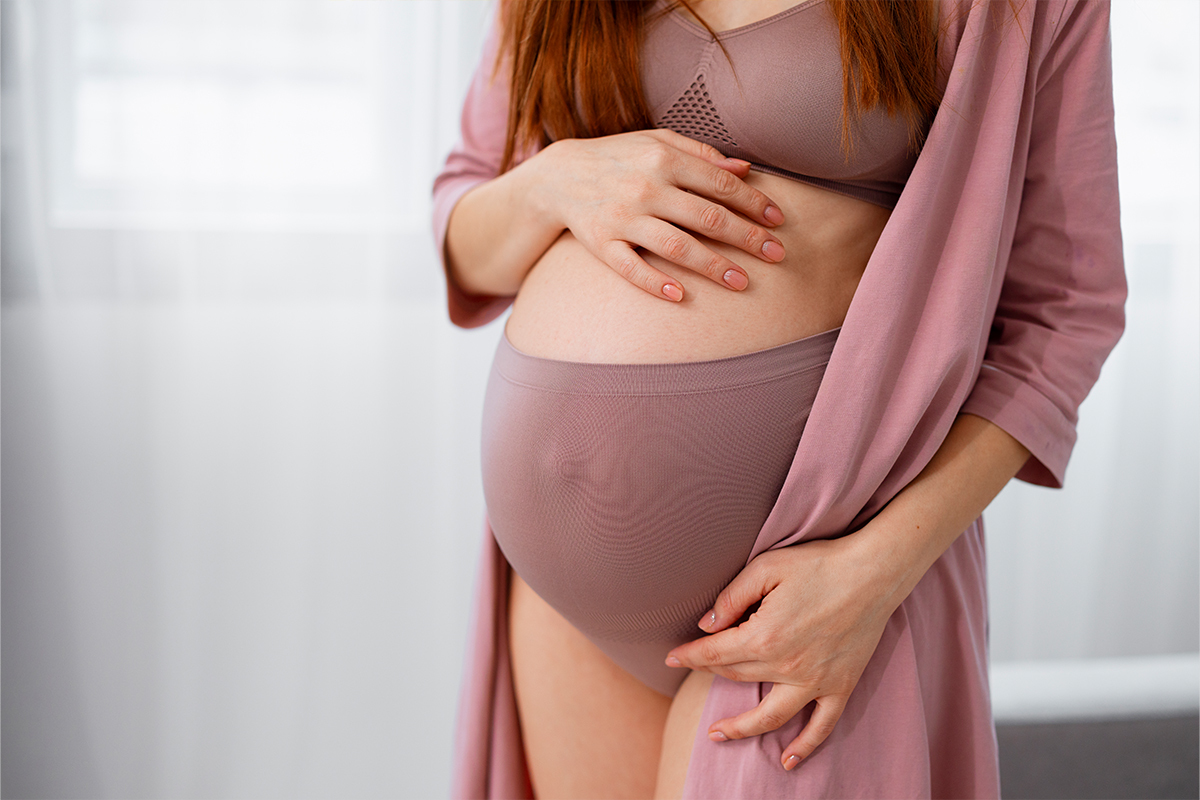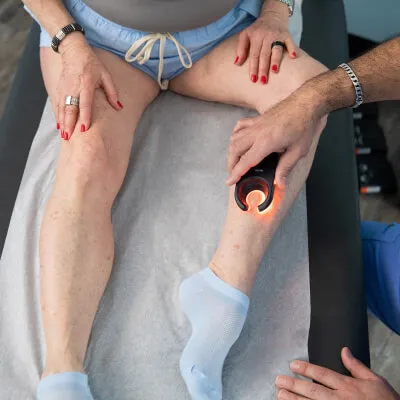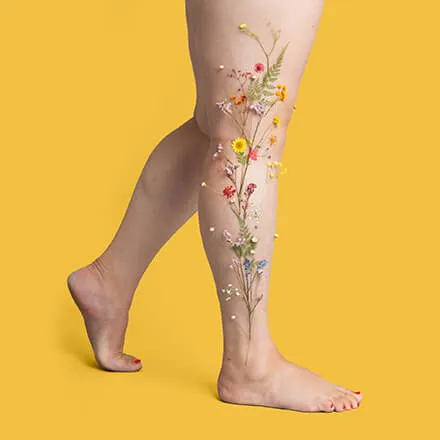Varicose Veins During and After Pregnancy: Here's what to look for, plus causes and treatment options.
While pregnancy brings about many beautiful changes, it also puts immense stressors on the body, often resulting in permanent changes. While women's bodies are often able to heal after six months to a year after childbirth, there are a few issues that may not fully go away, and that should be watched out for.
One of these issues is varicose veins during pregnancy, and the associated pains and potential dangers that come along with it.
While many visible veins brought on by pregnancy will disappear in time, it's the still-visible veins in your legs that may be cause for worry. This could lead to vein disease or even a deep vein thrombosis, which could potentially be life threatening.
Why Veins Change During Pregnancy
Typically, your veins send blood in just one direction. But when these one-way valves come under extra pressure or strain--which is exactly what happens in your legs during pregnancy--the valves can become damaged and swollen. This causes the blood to start flowing in both directions, essentially leaking backwards. In turn, you'll see bulging veins, and may feel aching legs or pain in your thighs and calves.
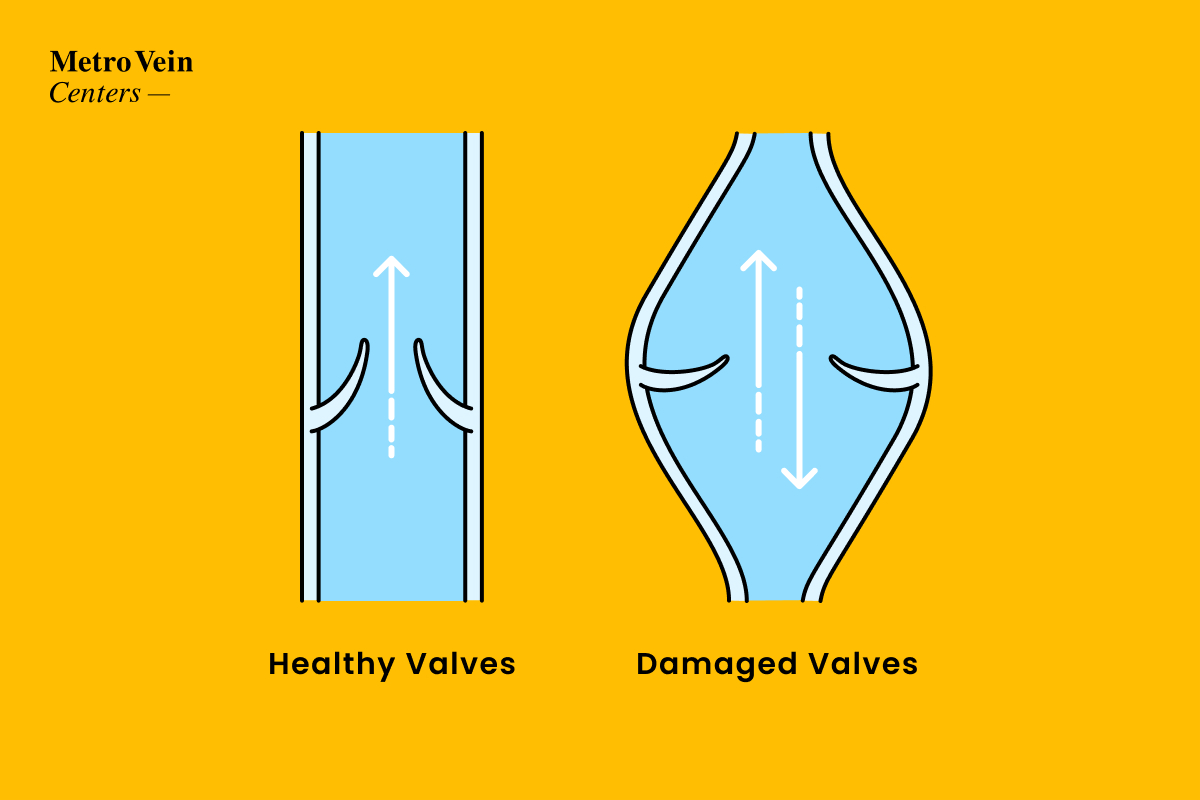
While smaller, painless spider veins during pregnancy aren't uncommon, they hold a lot less risk than the larger, noticeable varicose veins. Should these bulging, green-blue veins swell and cause pain, you'll want to consult with one of our Metro Vein Centers vein specialists.
Who Gets Varicose Veins While Pregnant?
Several factors increase your likelihood of developing varicose veins during pregnancy.
- Prior Births: If you've already given birth and had varicose veins during pregnancy before, you're likely to develop them again while pregnant with your second or third child
- Genetics: A history of varicose veins in your family--especially during pregnancy--may mean you'll suffer from postpartum vein issues as well
- Above-Average Weight Gain: If you gained much more than 40 pounds while pregnant, that sudden extra weight may have put extra pressure on your legs, hindering proper blood flow
Increased strain and weight within your body can cause pressure on the veins in the lower abdomen and pelvic floor. The resulting blood pressure shifts can result in varicose veins forming, and if these persist, they could lead to serious issues throughout your legs and body.
While we primarily deal with varicose veins in the legs, vulvar varicosities can also cause extreme discomfort. One of our trained vascular surgeons will be happy to speak with you about exercises and treatment options should they cause prolonged issues postpartum.

What To Do About Varicose Veins After Pregnancy
The good news is that varicose veins during pregnancy will often go away after your child is born. Most veins improve significantly or disappear within three months of your baby being born.
However, if it's three months to a year following your child's birth and you still have noticeable bulging veins in your legs--or you developed varicose or spider veins after your pregnancy--an appointment with a vein specialist is the smart, safe choice. If you notice your legs feel tired or achy, or the veins in your legs feel painful to the touch, you should definitely have your legs looked at by a professional vein doctor.
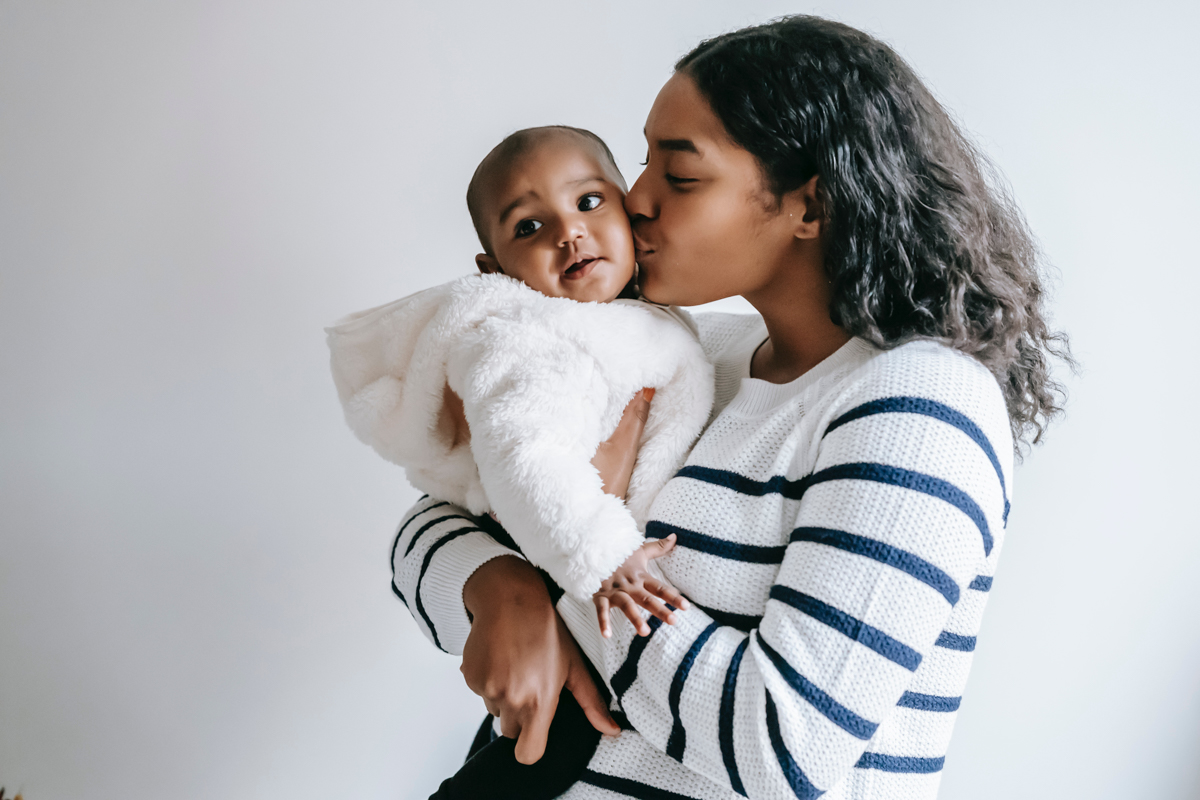
Whether you developed noticeable veins during pregnancy or after, we'll be able to evaluate the degree of potential vein damage. Using an ultrasound machine, we'll examine your superficial veins and determine whether your veins are cosmetic or potentially a health issue. The vascular surgeons at one of our offices in New York, New Jersey, Michigan, Texas and Connecticut will be able to create a plan personally tailored to your vein needs.
We'll also look at your post-pregnancy diet, and may recommend you wear compression stockings. Because of a mother's increased nutritional demands if breastfeeding, a diet with increased fatty acids such as omega-3, carotenoids, and flavonoids will help. In addition, our vein doctors can recommend beneficial exercises both during and after pregnancy.
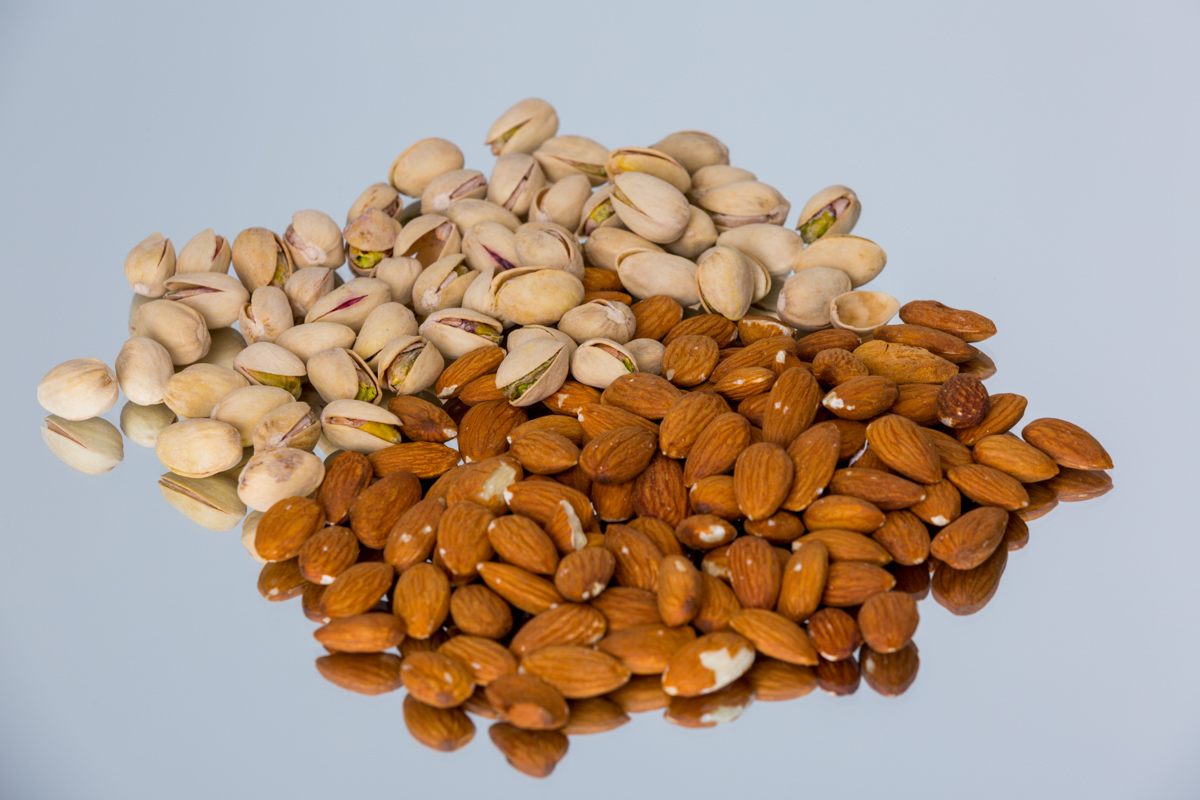
When to get treatment for varicose veins caused by pregnancy
While we don't recommend any procedures while pregnant, all of our treatment options have been approved for use before and following pregnancy. As soon as a month after you've given birth, our Metro Vein Centers specialists will do a pain-free vein analysis on your legs to determine the best course of action (if any!). If you still have visible or painful varicose veins in your legs six months post-pregnancy, you should schedule a consultation with one of our vein clinics.
Varicose Veins Post-Pregnancy? Come In for an Analysis
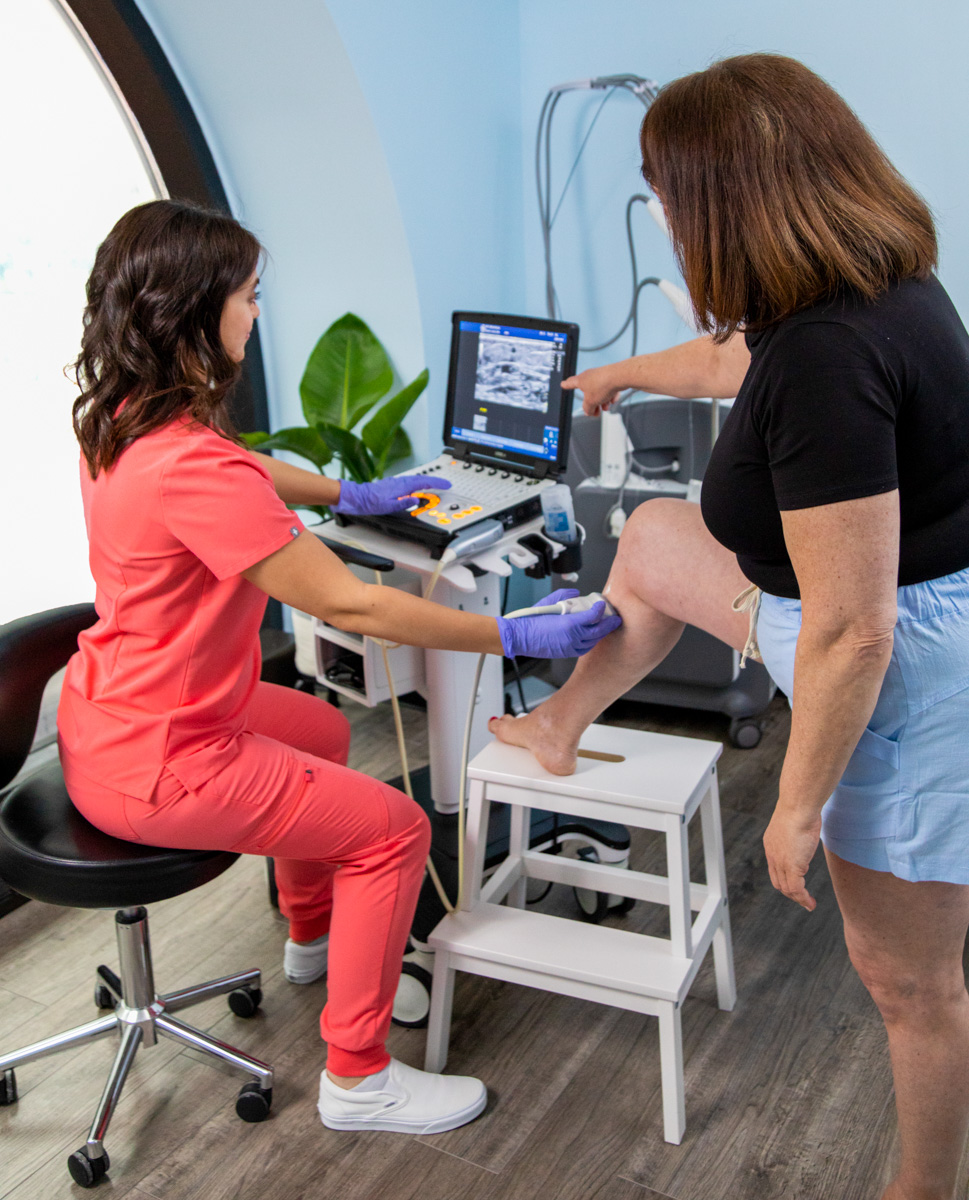
At your appointment, our vein specialists may determine that you just need a specialized diet and exercise. If they discover specific areas needing treatment, however, we may recommend a procedure such as sclerotherapy. Insurance covers most procedures, and with our minimally invasive treatments and quick recovery times, you'll be feeling better in no time.
Whether you choose to get vein treatment at our flagship Manhattan, NY vein clinic, or any of our offices in New Jersey, Michigan, or New York, we'll work one-on-one with you to get you feeling and looking your best.
To book an appointment with us, contact us via phone or our online form.

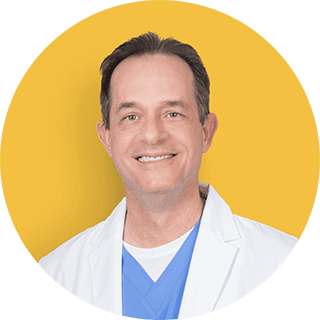
Dr. Philip LoPresti
Meet Dr. Philip LoPresti DO, DABVLM, FACS, a board-certified vein specialist and surgeon with over 20 years of experience. Schedule an appointment with him in Queens, NY today.
Meet Dr. Philip LoPresti
Trusted insight from the nationally accredited, board-certified vein doctors at Metro Vein Centers.


